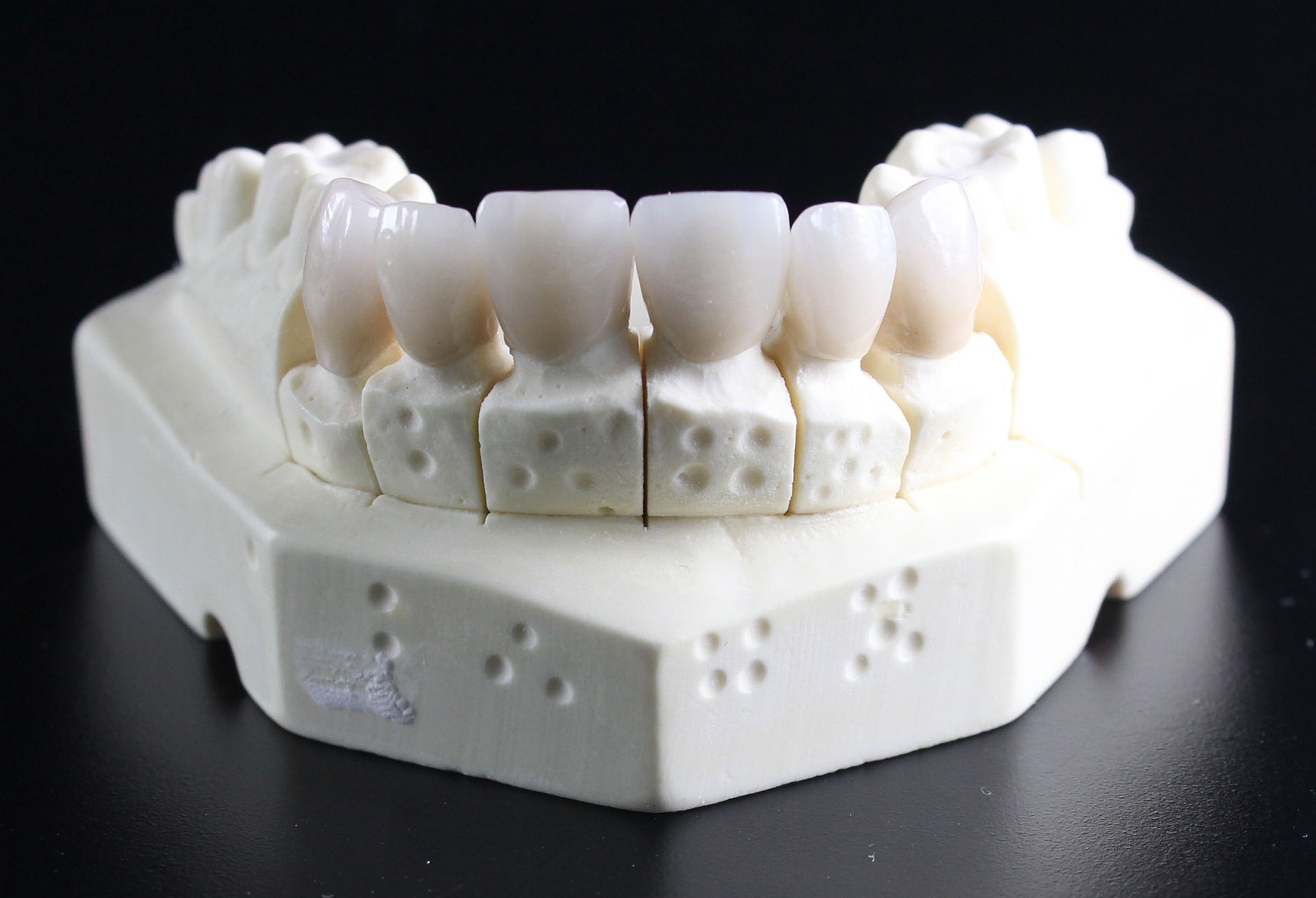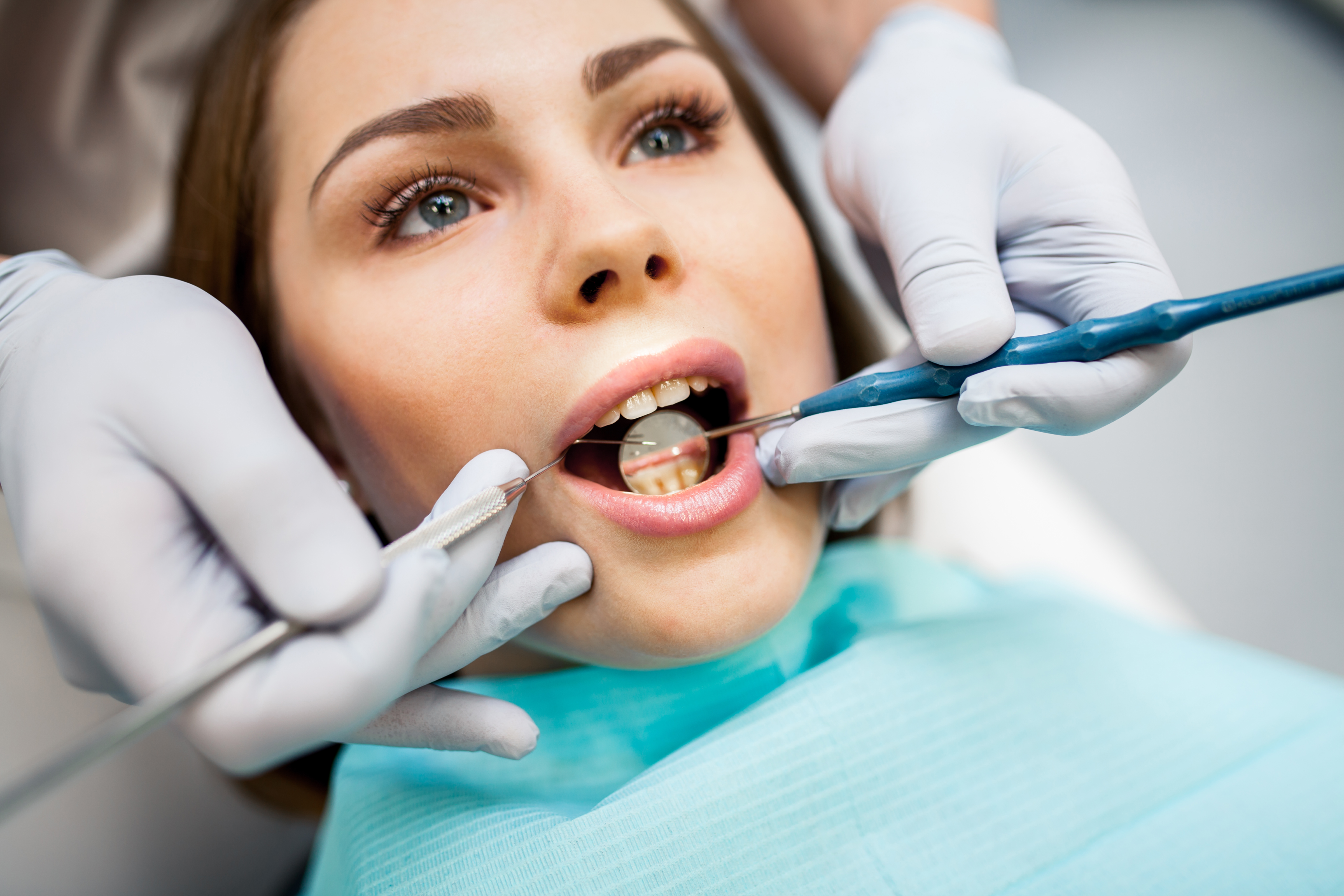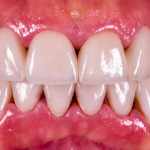Dental veneers are paper thin pieces of porcelain that are moulded, coloured and shaped to fit in perfectly with your teeth. They are bonded to the front of the teeth to take the place of the natural enamel. A popular solution to give you a flawless, dazzling smile, veneers are one of the many treatments available from cosmetic dentists, able to make a real difference to your appearance and boost your confidence.
However, just like regular teeth, veneers will need proper protection and maintenance to ensure that they last you a long time. Well cared for veneers have a life span ranging from 5-15 years or even longer, but damage can occur if you don’t treat them well.
When you have your veneers fitted, your dentist should give you advice on how to protect and look after your veneers. Here, Dakota Murphey gives you 6 top tips you should always bear in mind.
- Good dental hygiene is key
Just because you have veneers, it doesn’t mean you can neglect your natural teeth underneath, nor your gums. On the contrary, your teeth and gums are still exposed to bacteria which means that diligent oral hygiene is more important than ever. The best advice to follow is to treat your veneers with the same care as your natural teeth.
Brush your teeth twice a day for at least 2 minutes, and ideally after every meal. Make a habit of rinsing your mouth after meals if you cannot brush teeth. Use dental floss every day.
- Use a soft toothbrush
Be very specific about the type of toothbrush you use on your veneers. A hard toothbrush, and particularly if you are brushing too vigorously, could wear away the shine and polish of your dental veneers. The result could be dull looking veneers that are less like natural teeth – not a good look.
Choose a soft toothbrush and a recommended non-abrasive toothpaste to maintain your veneers in the long term.

- Avoid staining foods and drinks
Watch out for foods and drinks that can discolour your teeth. Even though dental veneers have a stain resistant coating, they are not completely stain proof and can be damaged and stained by certain substances. It’s best to take extra precautions.
The main culprits include tea and coffee, red wine, cola and soy sauce, as well as curries and tomato sauce, beetroot and some berries (blueberries, blackberries, pomegranate) and also tobacco. Try to avoid direct contact with your veneers, either by avoiding these substances altogether or by brushing your teeth, or at the very least rinsing your mouth with water, after consumption. Another trick is to use a straw.
- Do not bite on hard surfaces
While veneers are designed to be robust and durable, they can be damaged if you’re not careful – as can your natural teeth too, of course. Avoid biting down on surfaces that are too hard for your teeth, or applying excessive force when biting, to minimise the risk of your dental veneers chipping, breaking or coming unstuck.
Whether you’re tempted to crunch into a crisp apple, gnaw on a pencil or bite on a boiled sweet, stop and think whether you are really prepared to risk your veneers before you take a bite.
- Wear a mouth guard
If you lead an active lifestyle, and particularly if you are involved in team sports, use your common sense and protect your veneers from contact injuries and other potential trauma by wearing a mouth guard.
Do you suffer from bruxism? It’s the habit of clenching, gnashing or grinding your teeth, usually without realising and often during the night. Bruxism can cause real damage to your teeth and, by extension, your veneers too. If you are affected, wearing a specialist dental guard while you sleep will help you stop the habit and protect your dental veneers for a much longer into the future.
- Have regular dental check ups
Regular visits to the dentist are recommended for everyone, whether you have veneers or not. However, veneer wearers should be even more conscientious about their dental health, scheduling regular check ups and visits to the hygienist to keep their veneers in pristine condition and to make sure their mouth is in perfect health.
Scrupulous general dental care with a bit of extra attention will go a long way to protect your porcelain veneers for many years to come. By following your dentist’s advice for veneer care and maintenance, and using the 6 tips above as a handy reminder whenever necessary, and, you’ll be able to enjoy your perfect smile for many years to come.







